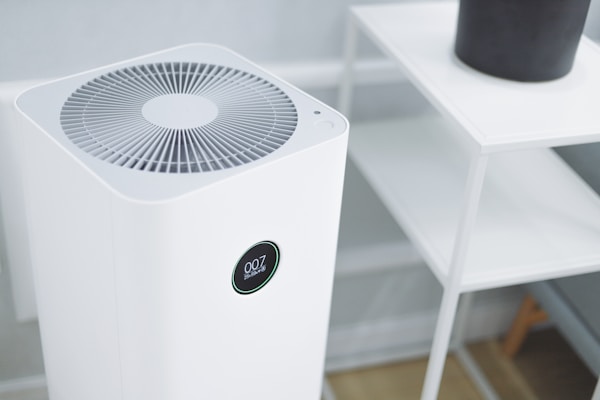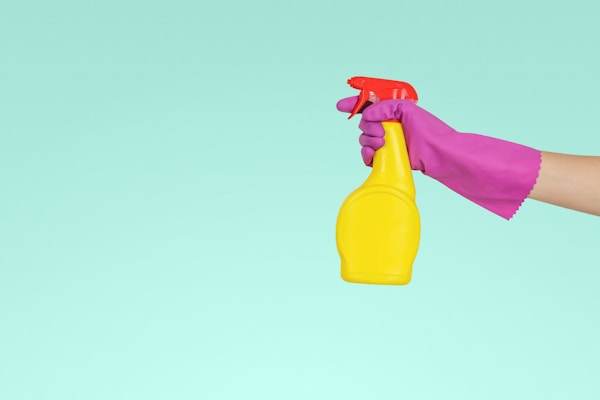Air purifiers come in all shapes and sizes, and while they all purport to clean the air, they work in different ways. Some use activated carbon filters to trap pollutants, while others use ozone to break down contaminants. No matter how an air purifier works, the goal is to remove pollutants from the air and improve the air quality in your home. This is especially crucial for people with allergies or asthma, who can benefit from the protection an air purifier can provide. With so many models, it can be a challenge to figure out which type of air purifier is the right fit for you. Fortunately, there are resources that can help you make an informed decision. Keep reading to find out how to choose the best air purifier for your home.
How can you choose the best air purifier for your home?

When looking for a home air purifier, it's important to think about the features you want. Some factors you may want to consider include the size of the unit, the type of filter, how often the filter needs to be replaced, and whether or not the purifier has a built-in ionizer. The size of the unit matters because you want to make sure it will fit in the room where you plan to use it. If you have pets or allergies, you may want to look for a model with a high CADR rating. The CADR rating measures how much air a purifier can clean in three minutes.
When trying to determine the size of air purifier you need, measure the size of the room you are looking to purify. There are a wide variety of air purifiers on the market, so check the box to see if the model you want to purchase is powerful enough for the square footage of the room you are targeting. Additionally, some air purifiers are louder than others and may not be suitable for use in certain rooms. Certain machines come with additional features such as filters that can remove specific allergens from the air or sensors that monitor indoor air quality.
Remember to take care of your air purifier so it remains in good working order. The frequency with which you should clean your air purifier depends on the type of air purifier you have. When you purchase your air purifier, check the owner's manual for instructions on how to clean it and change the filters. As long as you maintain your purifier properly, it will help you breathe easier at home.
What else can you do to protect your indoor air quality?

Homeowners need to understand why indoor air quality needs to be a priority. There are many reasons why you should care about air quality, but the primary one is that poor air quality can have a serious impact on your health. In fact, the EPA has identified indoor air pollution as one of the top five environmental risks to public health. Some of the most common health problems associated with poor indoor air quality include coronary artery disease, emphysema, and even certain types of cancer. The good news is that there are a number of things you can do to improve the quality of the air in your home.
There are many ways that you can improve your home’s indoor air quality, but some are more useful than others. Your air purifier will obviously make a meaningful difference, but there are other steps you can take as well. One of the best things you can do is to regularly clean your home and vacuum your carpets. This will remove dust, dirt, and other allergens from your home. You should also replace your air filter every month to keep your air quality high. You should also use a dehumidifier to keep the humidity levels low, as high humidity can cause allergies and asthma attacks.
There’s no question that improving the quality of the air you breathe is essential, and the most effective way to do that is by purchasing a quality air purifier. When shopping for an air purifier, you have to consider the size of the unit, as well as the type of filter it uses. You also need to maintain your air purifier properly so it will be able to operate at peak efficiency. Don't stop there either, you can further improve your indoor air quality by taking other steps like vacuuming more frequently, changing your HVAC system's filter on a monthly basis, and using a dehumidifier. Follow these tips and you'll be safe and comfortable at home all year round.






